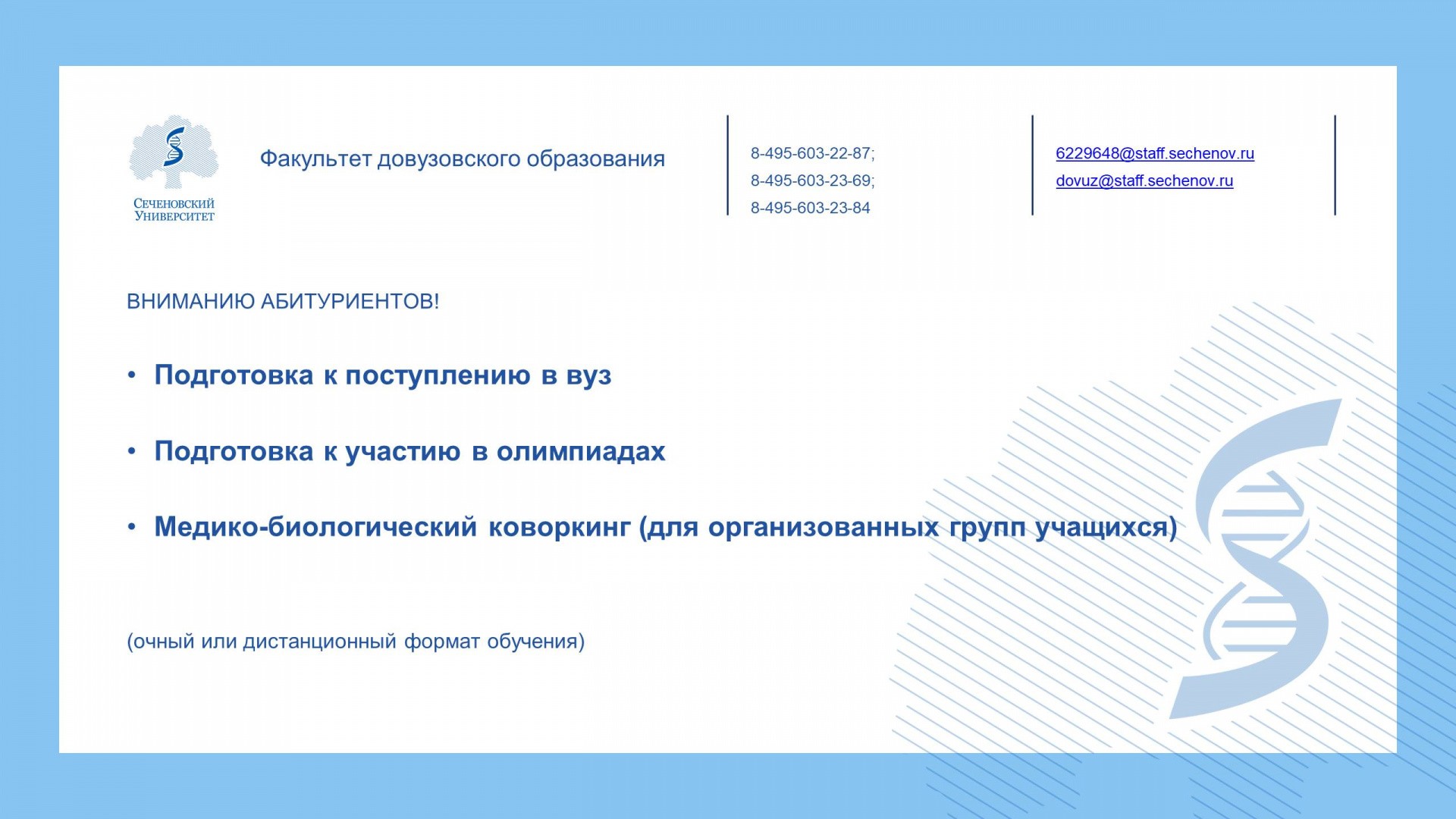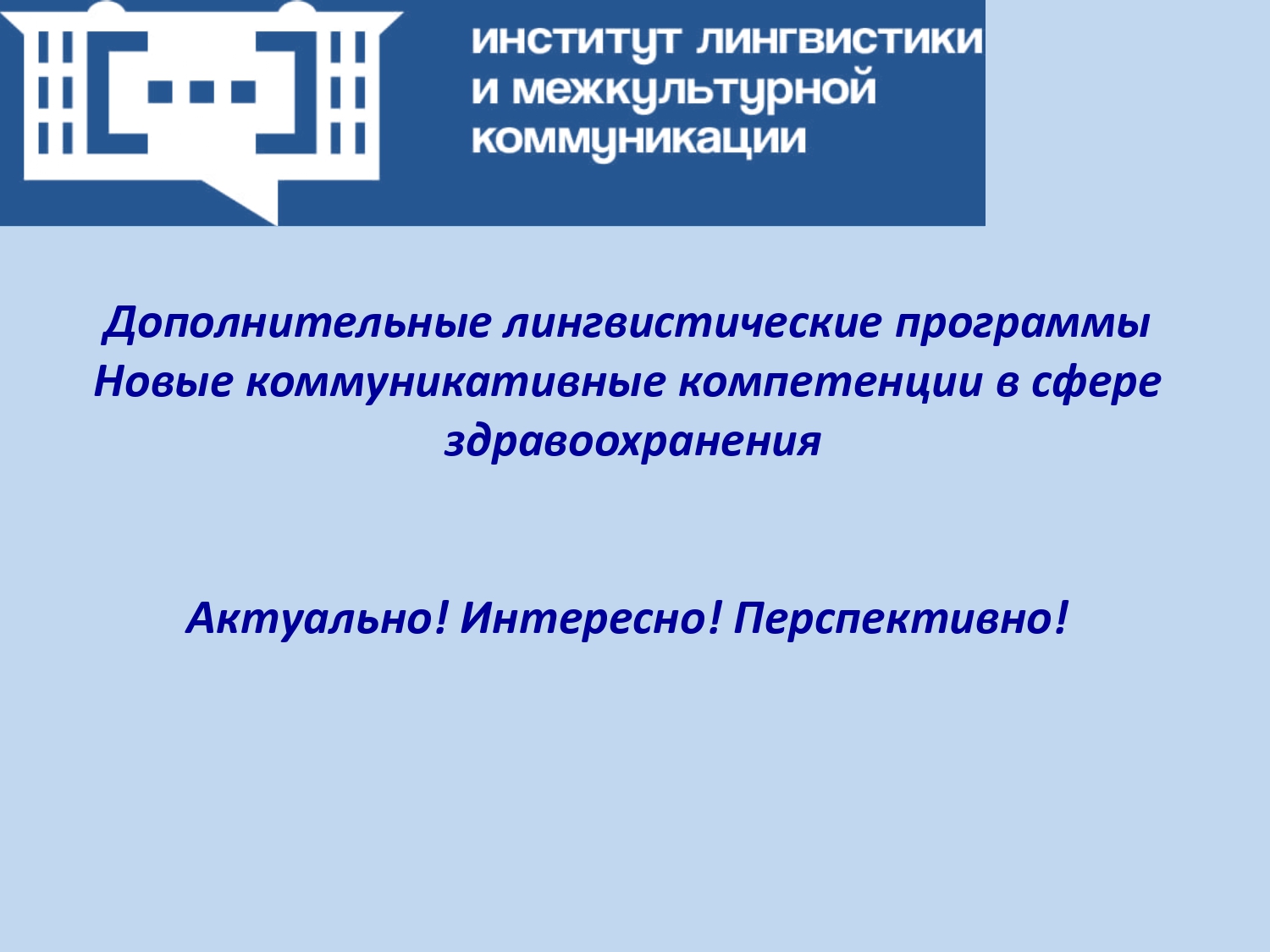Репозиторий Университета
Growth hormone secretagogue receptor signalling affects high-fat intake independently of plasma levels of ghrelin and LEAP2, in a 4-day binge eating model
Аннтотация
© 2019 British Society for Neuroendocrinology The growth hormone secretagogue receptor (GHSR) is a G protein-coupled receptor that is highly expressed in the central nervous system. GHSR acts as a receptor for ghrelin and for liver-expressed antimicrobial peptide 2 (LEAP2), which blocks ghrelin-evoked activity. GHSR also displays ligand-independent activity, including a high constitutive activity that signals in the absence of ghrelin and is reduced by LEAP2. GHSR activity modulates a variety of food intake-related behaviours, including binge eating. Previously, we reported that GHSR-deficient mice daily and time-limited exposed to a high-fat (HF) diet display an attenuated binge-like HF intake compared to wild-type mice. In the present study, we aimed to determine whether ligand-independent GHSR activity affects binge-like HF intake in a 4-day binge-like eating protocol. We found that plasma levels of ghrelin and LEAP2 were not modified in mice exposed to this binge-like eating protocol. Moreover, systemic administration of ghrelin or LEAP2 did not alter HF intake in our experimental conditions. Interestingly, we found that central administration of LEAP2 or K-(D-1-Nal)-FwLL-NH2, which are both blockers of constitutive GHSR activity, reduced binge-like HF intake, whereas central administration of ghrelin or the ghrelin-evoked GHSR activity blockers [D-Lys3]-GHRP-6 and JMV2959 did not modify binge-like HF intake. Taken together, current data indicate that GHSR activity in the brain affects binge-like HF intake in mice independently of plasma levels of ghrelin and LEAP2.
Вернуться назад









